The main implementer of the CEMIS-HYVIS project is the Measurement Technology Unit of the University of Oulu, with Kajaani University of Applied Sciences (KAMK), the Sports Technology Unit of the University of Jyväskylä (JyU Vuokatti) and CSC participating as co-implementers.
The project consists of four components:
- Internet of Things (IoT) technologies that produce a large amount of measurement data are used to monitor the indoor conditions of the built environment in a variety of ways. Based on the monitoring data, energy consumption and well-being in the premises are optimised. The monitoring will be used to build a service concept for companies and public sector operators. Such development work is important for the green transition and saving of energy.
- IoT technology has a wide range of applications in healthcare as well. The project will develop continuous sensor measurements needed for the smart peritoneal dialysis device for kidney patients. The project has a dialysis device developer company as a partner. In the coming years, these types of innovations will play an important role in maintaining the level of service and keeping costs under control in well-being services counties. The project will also conduct a survey on the current use of IoT technology in healthcare.
- Occupational health and healthcare operations are supported by developing predictive calculation tools. These can be used to motivate clients by showing the direction in which their body composition is changing with their current lifestyle and, on the other hand, the potential effects of any changes made to their lifestyle. Through application of the tools, active tourism and sports coaching will also benefit from the results in the future.
- The project will support the ability of companies producing ‘clean’ food, nutrition, health, wellness, hygiene and cosmetics products to produce high-quality products. This is done by developing special analytics of production and service facilities, raw materials and products in the field of microbiology. In this subarea, the project involves strong cooperation with companies.
All the project implementers are involved in the third activity. It is led by the University of Jyväskylä. The other activities are led by the University of Oulu. The main responsibility for the investigations carried out for activity 2 rests with Kajaani University of Applied Sciences.
The novelty value of the project is considerable, as condition monitoring services do exist, but more development work and local advice are needed to utilise the gathered data in the management and control of the built environment. There are no smart peritoneal dialysis devices available that are capable of online monitoring and data transfer. There are applications and methods available for predictive calculation, but none are validated or offered directly through a user interface for occupational healthcare clients, for example. Microbiology service analytics develops special analytics for difficult samples, methods for monitoring the cleanliness of spaces and surfaces, and analysis of the properties and suitability of materials that inhibit microbial growth. Some of these are currently difficult to obtain as a commercial service.
The project is strongly based on the experience and interdisciplinary expertise of its implementers: The Measurement Technology Unit has for a long time worked with various sensor technologies and microbes from nature and industrial processes alike. The Sports Technology Unit is familiar with the health effects of exercise and nutrition and their monitoring. CSC and KAMK master data analytics and complex calculations. In this project, expertise will be put to good use for companies, healthcare and municipalities by developing services, calculation tools and healthcare technology that promote digitalisation and, in part, the green transition.


